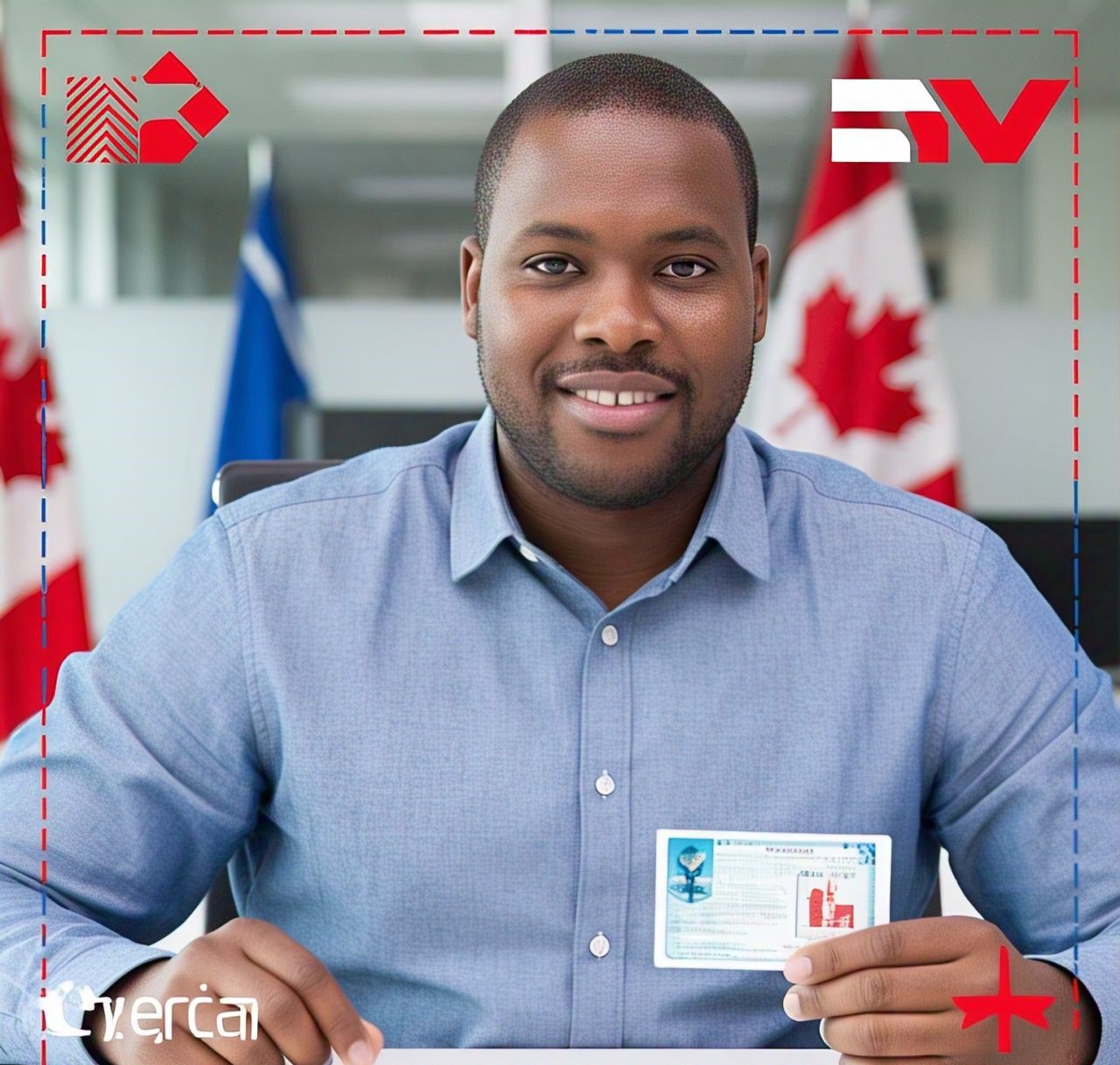Do you understand the benefits of Canadian PR through marriage? In recent years, Canada has been a significant immigration destination for qualified professionals and families seeking a higher quality of life. Obtaining permanent residency, which offers numerous benefits, is the first step toward realizing the Canadian dream. Because of its welcoming immigration laws, Canadian PR provides innumerable benefits to individuals and families in all aspects of their lives. As a result, this site critically examines the merits of Canadian public relations.
The Advantages of Securing Canadian Permanent Residency Through Marriage.
Numerous advantages to Canadian PR will persuade you to relocate there. Here are some of the most obvious benefits:
1. Access to universal healthcare
One advantage of Canadian PR is access to universal health care. You join the lucky group of Canadian permanent residents and gain access to the world’s most prestigious healthcare system. As a result, people from all socioeconomic backgrounds make up Canada’s central healthcare system. Their situation is not limited to the availability of required therapies, doctor visits, and hospital stays. A comprehensive list of insurance provides you and your family with peace of mind regarding the future.
2. Quality Education for Children
Your children’s Canadian PR status allows them to attend Canada’s recognized academic institutions. Trending subjects in today’s Canadian learning institutions are worldwide known, with a diverse range of academic options and clubs. Beginning with basic knowledge in elementary school and progressing to the highest degree of excellence in university, your children will enjoy the thrill of studying in a supportive environment that fosters growth and advancement.
3. Employment Opportunities
Working and living in Canadian public relations exposes one to a wide range of job requirements. As a temporary foreign worker, you can work for any Canadian firm, except for high-security occupations like weapons handling or intelligence. Furthermore, gaining PR status will do away with processing the work permit, putting you in a fast-track mode that boosts your competitiveness in the Canadian labor market.
4. Social Security Benefits
Social security is one of the advantages for which Pittsburgh owes Canadian PR. These include retirement pensions, unemployment insurance, and family allowances. Regardless of the barrier, such benefits will allow you to handle financial volatility without or during a time of need, as well as contribute significantly to your family’s standard of living.
5. Path to Citizenship
One of the most significant advantages of Canadian PR is the ability to gain Canadian citizenship once the citizenship requirements are met. Inclusive citizenship provides you with additional privileges, such as the ability to vote in elections, and a Canadian passport automatically identifies you as a Canadian citizen.
6. Sponsorship of Family Members
With permanent residence status in Canada, you will be able to sponsor your qualified dependents for permanent residency. These allow you to have your loved ones with you, which helps you build a strong support network in Canada and makes you feel like one.
7. Freedom to travel.
Canadian Permanent Residency allows you to travel in and out of Canada without a visa. You can visit unfamiliar regions, interact with close relatives and friends, or participate in worldwide initiatives without feeling homesick.
8. Access to Social Services.
Canadian PR designation entitles you to a wide range of social service advantages, including public childcare help, societal housing support, and language classes. With permanent residence status in Canada, you will be able to sponsor your qualified dependents for permanent residency. These allow you to have your loved ones with you, which helps you build a strong support network in Canada and makes you feel like one.
Eligibility Criteria for PR Through Marriage
Furthermore, some qualifying requirements must be completed to get permanent residency in Canada through marriage. These requirements may alter depending on the immigration program used for application processing. However, some common needs are
- Marriage must be legally recognized in Canada.
- Both couples must be at least 18 years old and capable of entering into a marriage.
- The relationship must be genuine, not only for immigration grounds.
- The sponsoring spouse must be a Canadian citizen or permanent resident in Canada.
- To demonstrate their commitment to the relationship, the couple must have lived together for an extended period.
Documents Required for PR Application
When filing for PR via marriage, various documents must be presented as part of the application procedure. These documents contain, but are not limited to,
- Valid passports and travel documents.
- Marriage certificate or evidence of a common-law connection
- Proof of linguistic proficiency.
- Police clearance certificates
- Medical exam records
- Proof of Financial Support
Step-by-Step Process for PR Through Marriage
To successfully apply for PR by marriage, follow these steps:
- Determine eligibility: Examine the eligibility criteria and confirm that both parties meet the requirements for PR through marriage.
- Gather documents: Collect all of the relevant paperwork as specified by immigration authorities.
- Submit your application: Complete the application forms correctly and return them with the necessary documentation.
- Pay the fees: Pay the appropriate fees for processing the PR application.
- Attend interviews (if necessary): In some situations, partners may be requested to attend interviews to determine the authenticity of their connection.
- Wait for a decision: The immigration authorities will consider the application and make a decision based on the information given.
- Receive PR status: If the application is approved, the foreign spouse will be issued a Confirmation of Permanent Residence (COPR) and a PR visa.
What is the Application Fees and Processing Times
Furthermore, the fees for obtaining permanent residency through marriage applications may differ based on the immigration program. Check the official Immigration, Refugees, and Citizenship Canada (IRCC) website for the most up-to-date cost schedule.
Similarly, processing timeframes might vary depending on a variety of circumstances, including the number of applications and the intricacy of the case. It is recommended that you visit the IRCC website frequently to obtain the most recent information on processing times.
Common Challenges and Ways to Overcome Them
Couples may face hurdles while qualifying for permanent residency through marriage in Canada. Some frequent challenges are
- Insufficient documentation: Ensure that all necessary paperwork is collected and submitted correctly.
- Language proficiency requirements: Meet the language competence requirements set by immigration authorities.
- Assessing the sincerity of relationships: Prepare for interviews to determine the legitimacy of the relationship.
- Long processing times: Recognize that processing times may vary and practice patience throughout the application process.
Maintaining PR status in Canada.
Once an individual achieves PR through marriage, it is critical to understand the obligations and responsibilities that come with maintaining PR status. Some essential characteristics are
- The residency obligation requires PR holders to be physically present in Canada for a specified length of time.
- Criminal inadmissibility: Avoid engaging in illegal acts that could result in inadmissibility or loss of PR status.
- Travel requirements: To avoid problems when reentering Canada, be aware of the necessary travel regulations.
- Access to benefits: Take advantage of the perks and services available to permanent residents in Canada.
How long does it take to get permanent residency in Canada after marriage
Processing timelines vary, but a marriage-based PR application normally takes several months to process. For the most up-to-date information on processing timelines, visit the IRCC’s website.
What is Spousal Sponsorship Canada?
Spouse Sponsorship in Canada is an immigration program that allows Canadian citizens and permanent residents to sponsor their legally married spouse, common-law partner, or conjugal partner for permanent residency. This program is part of the Family Class Immigration Program, which prioritizes family reunification.
Once approved, the sponsored spouse is granted permanent resident (PR) status and can live, work, and study in Canada. The process requires the sponsor to demonstrate financial stability and provide evidence of a genuine relationship.
How to Apply for Spousal Sponsorship Canada
This is a step-by-step guide for the Canada Spousal Sponsorship Visa Program.
Step one: Determine your eligibility.
Prospective sponsors should be aware of the appropriate rules, whether they are sponsoring a partner within or outside Canada.
- Inland Spousal Sponsorship Canada: This is for spouses who live within Canada. Such partners must have legal temporary residence status in the nation and must live with their sponsor during the application process.
- Outland Spousal Sponsorship Canada: This is for spouses who live outside of Canada. If they are from a visa-free country, such partners may enter or leave Canada during the application process.
Step Two: Obtain the Application Package for Spousal Sponsorship
The next step in the spousal sponsorship process is to download the spouse visa application package. You can utilize the checklist included in the packet to determine which documents are required for spousal sponsorship in Canada.
Step Three: Complete the online application.
Gather all of the documentation stated in the previous step and submit your online application as directed on the IRCC’s website. The principal applicant must complete all digital forms online. To show the legitimacy of the relationship, the Canada Spouse Visa requires further information about your trips and other papers.
Step Four: Pay Application Fees for Spousal Sponsorship
After completing the online application for a Canada Spouse Visa, you must pay application processing fees of $1,080. The spousal sponsorship price is 75 CAD, whereas the principal applicant price is 490 CAD. The remaining 515 CAD represents the right to permanent residence fee.
Step 5: Submit the Spouse Visa Application.
After carefully reviewing your Canada Spousal Sponsorship application, you may submit it. Following that, the IRCC will apply for permanent residency.
Step 6: Apply for Permanent Residency.
Once your Canada Spouse Visa application is accepted, your partner may apply for permanent residency.
Benefits of marrying a Canadian citizen
● Pathway to Permanent Residency
One of the most obvious advantages of marrying a Canadian citizen is the potential to seek permanent status via spousal sponsorship. This process enables the non-Canadian spouse to live and work in Canada indefinitely, with all of the benefits and advantages that come with permanent status.
2. Access to universal healthcare
Canada is well-known for its universal healthcare system, which is publicly funded and open to all people.
Once you have obtained permanent residency, you will be eligible to use this comprehensive healthcare system, guaranteeing that you and your family have access to great medical treatment without the burden of high medical expenditures.
3. Educational opportunities.
Canada has world-class educational institutions, ranging from primary to postsecondary levels. As the spouse of a Canadian citizen and permanent resident, you and your children will be able to attend these institutions at domestic tuition rates, making education more affordable.
4. Employment and Economic Stability.
Canada’s strong and diverse economy provides numerous work possibilities in a variety of areas. As a permanent resident, you can work in Canada without a work permit, allowing you to follow your career goals in a stable economic climate.
5. Family Reunification Policies
Canada places a strong importance on family unity, and its immigration regulations reflect this. As a permanent resident, you can sponsor additional family members to join you in Canada, making it easier to reunite with loved ones.
6. Citizenship Pathway.
Marrying a Canadian citizen sets you on a clear route to becoming a Canadian citizen yourself. After a few years of permanent residency and completing additional requirements, you can apply for Canadian citizenship.
Conclusion
In short, obtaining a Canadian permanent residency through marriage provides several benefits. These factors, combined with a person’s efforts, contribute to a meaningful and prosperous life. Being a Canadian permanent citizen entitles you to a variety of benefits. These include healthcare, education, employment, and social services. It would provide a path to a better future for you and your family.
Marrying a Canadian is a realistic option for getting Canadian permanent residency, particularly for people who do not qualify under other immigration schemes. However, it is critical to approach this process with candor and be prepared for the duties and challenges that await. You can successfully traverse the sponsorship procedure and start a new life in Canada.






